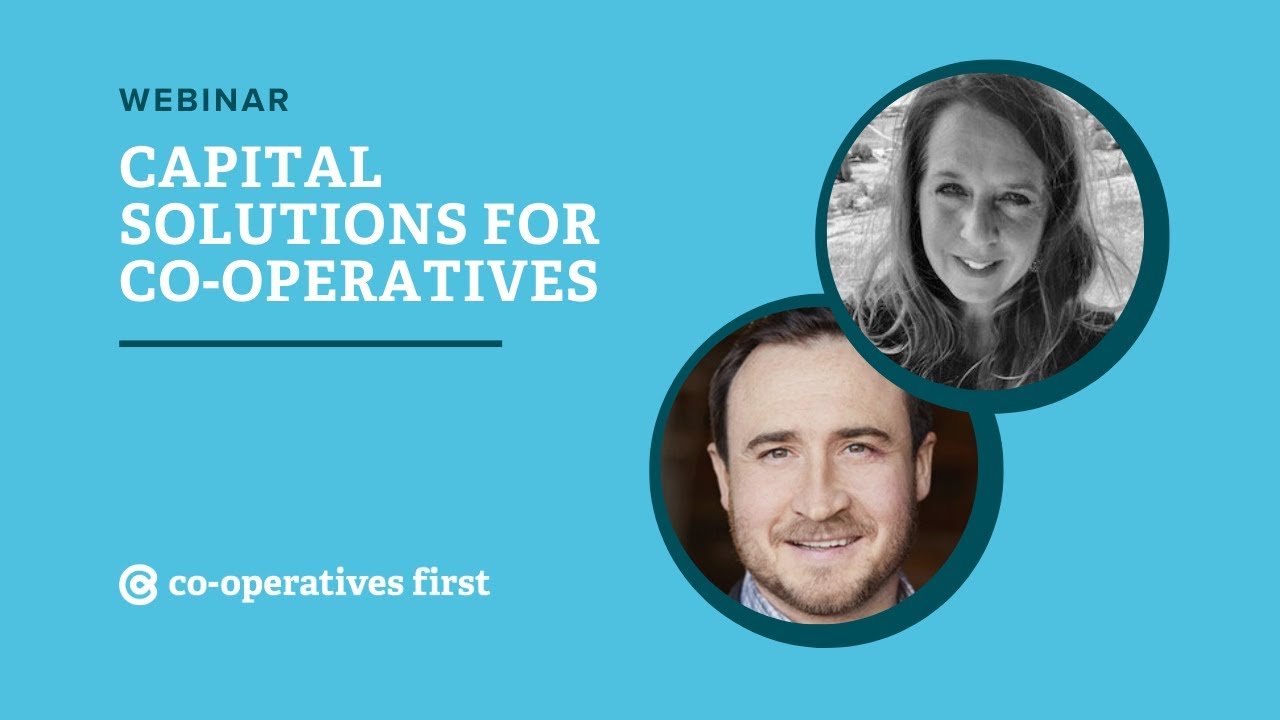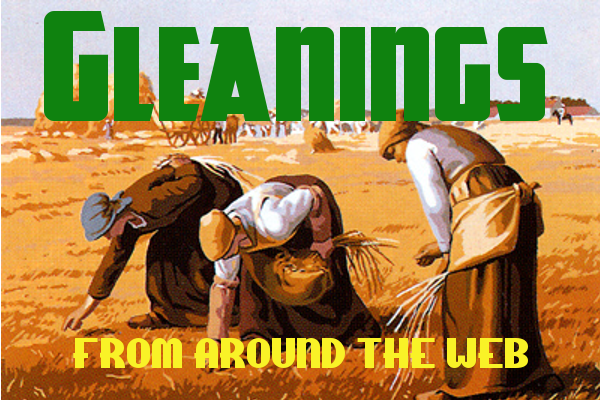The tech sector in the US has always been fertile ground for worker co-ops. The USFWC directory lists 30 co-ops in their two tech-related categories, covering many different aspects of the sector (web design and hosting, tech support, software development). This week, Stefan Ivanovski presents a schema for categorizing tech worker co-ops along a number of different dimensions based on research he performed in Argentina and the UK.
Then, our friends at Co-operatives First present as expert panel on the topic of raising capital for cooperatives. They discuss several capital-raising tools that co-ops can use, and go over some of the regulatory concerns to be aware of throughout the capital raising process (specifically for co-ops in Canada).
Varieties of Worker Cooperatives in Tech
by Stefan Ivanovski
[M]oving on to the research framework, which consists of three key dimensions: legal status, employment relations, and business operations. The legal status dimension examines the legal forms worker cooperatives can adopt, along with the rights, responsibilities, and governance structures of both the cooperative and its members. The employment relations dimension explores the relationship between the cooperative and its worker-members, focusing on participation, decision-making power, democratic control, and mechanisms for sharing profits and risks. The business operations dimension analyzes why worker cooperatives are created and how they function.
Capital Solutions for Co-operatives
by Co-operatives First
Co-operatives have many options to raise capital from their members, and the option you choose should be informed by your business model and the co-op’s purpose. In this webinar, our Director of Education, Kyle, was joined by Elliot Bridgewater and Corinne Rempel from the Community Capital Solutions Co-operative, a new co-op support organization that helps community-owned businesses raise funds.
Interview with Ira Wallace
Foundation for Intentional Community — Earlier this year, one of the most respected and well-loved community leaders, BIPOC advocates, and gardening experts was recognized with a most prestigious award. Ira Wallace, 75, received the Lifetime Achievement Award from the Virginia Association for Biological Farming (VABF). Among her award chronicles, she was honored with the Lifetime Service Award at the Sustainable Agriculture Conference. In 2023, she won the James Beard Foundation Leadership Award. The list just goes on…
Toward A Study Of Cooperative Ownership As Mortgage Alternative
Forbes — My proposal is that a local government issues revenue bonds, backed by some source of revenue or tax. That means really low interest rates. The proceeds from the sale of those bonds can build housing which residents could buy, over time, with their regular housing payments. After running hypothetical numbers in many markets, it usually works out that in about 12 years, with some initial subsidization for operating costs, the cooperative fully owns the project. This builds equity faster than traditional financing, lowers the risk of foreclosure (if a resident fails, everyone else picks up the slack), and both wealth and risk are kept local, not in a bank or the Government Sponsored Enterprise (GSE).
This Clinic in Chicago Offers Free Legal Aid to Solidarity Economy Groups
Resilience — Local leaders including representatives of the credit union, Co-op, municipalities, and industry players decided to lead a project to start a housing co-operative to help meet the need. They knew not only that housing stock was low, but that rural rental rates didn’t make the area profitable for private developers. Using the co-op model, they knew they could take the solution into their own hands, and capitalize on funding programs like the Canadian Housing Development Program...
Dignity in Action: From Institutional Failure to Decentralized Empowerment
Nonprofit Quarterly — DAM’s digital platform is not just a tool. Rather, it has proven to be key to its efficiency and inclusivity. By primarily operating on digital platforms, DAM minimizes operational costs and increases accessibility for members who face physical or financial barriers to traditional participation. This virtual space serves as a “town square,” where stakeholders share information, insights, and experiences—and organize and advocate for systemic health policy reforms, making DAM a hub of activity and collaboration...
GEN’s 30th Anniversary
Global Ecovillage Network — Three decades later, GEN has grown into a thriving ecosystem of initiatives, projects, and people dedicated to reimagining how we live. Dreamers have boldly reimagined communities as living laboratories for regeneration that is both ecological and socioeconomic. Across continents, ecovillages have restored landscapes, pioneered new governance models, and built economies rooted in care. Together, we have proven that another way is not only possible—it is already happening...
Peter Kropotkin, the Prince of Mutual Aid
JSTOR Daily — The idea of mutual aid is much older than its present resurgence. Cooperation, after all, has been fundamental to human history. And mutualism, as symbiotic cooperation is called in biology, is vital to life itself. As the Russian prince turned anarchist Peter Kropotkin argued more than a century ago with the subtitle of his Mutual Aid (1902), it is “a key factor of evolution.”...
New on our YouTube Channel
The Indigenous Critique of Western Society | GEO Live #22
Like what you find on GEO?
Make a Donation Today!
Your tax-deductible contribution ensures that GEO can continue to provide independent grassroots content about the cooperative and solidarity economy movements.
Got something to say?
Let us know. Send your comments, suggestions, rants and article submissions to editors@geo.coop.
Follow us on Social Media
Mastodon: social.coop/@GEO_Collective
FB: facebook.com/GEOCollective
Twitter: twitter.com/@GEO_Collective
Instagram: instagram.com/grassrootsecon
Our mailing address is:
Grassroots Economic Organizing
P.O. Box 115
Riverdale MD 20738-0115



